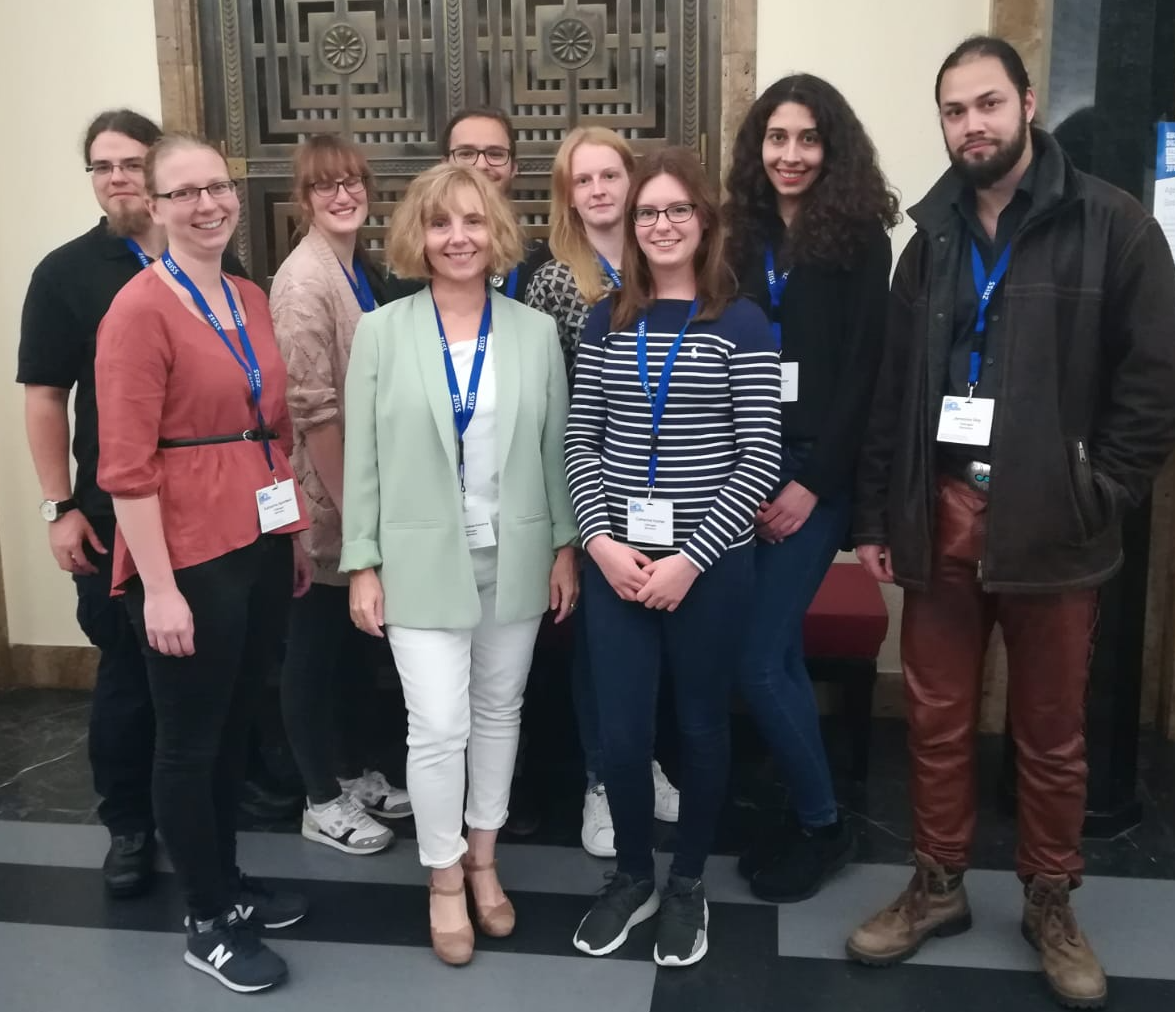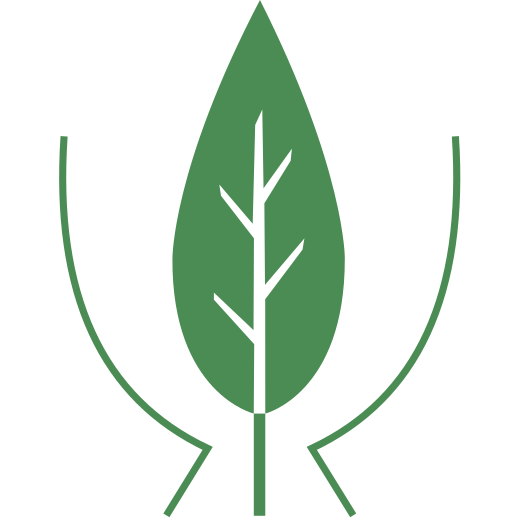First online lecture: 28 participants at lecture on BPAN research in Tübingen
On February 10, 2021 Hoffnungsbaum e.V. launched a new online service for our families, especially in German-speaking countries. It will be a loose series of video meetings on various topics relevant to NBIA sufferers. We are also happy to receive suggestions for topics.
The opening event focused on beta propeller protein-associated neurodegeneration (BPAN), now one of the most common NBIA variants. In addition to the iron accumulation in the brain that is characteristic of NBIA, BPAN leads to a reduction in cognitive and motor skills and is associated with epilepsy in almost all patients, at least in certain phases.
Prof. Dr. Tassula Proikas-Cezanne, Professor at the Eberhard Karls University of Tübingen and head of the "Autophagy" laboratory at the Interfaculty Institute for Cell Biology, spoke about "The importance of the WDR45/WIPI4 gene for autophagy and BPAN"followed by an exchange of ideas with a Q&A session. The event lasted around 1¼ hours. In addition to the more than 20 participants from the circle of NBIA families, 5 doctors treating children with BPAN were also present to find out about the background to their young patients' illnesses.
During the lecture, Ms. Proikas-Cezanne first explained the function of autophagy. She is a proven expert in this important cell process, in which degradation products that are no longer needed are collected in the body's cells and recycled. The gene WDR45 encodes the protein WIPI4, which is important for the correct functioning of autophagy. The gene and protein were discovered by Ms. Proikas-Cezanne. American and German researchers from the TIRCON consortium then established that mutations in the WDR45 gene trigger a specific NBIA disease and gave it the name beta propeller protein-associated neurodegeneration (BPAN).
The actual gene discoverer is now also researching BPAN herself and summarized the current state of research into the function of the WDR45 gene for the participants. She vividly described the most important processes that are impaired in the affected cells. Finally, she explained her current research project, which is based on the analysis of skin samples taken from patients and their close family members.
Ms. Proikas-Cezanne and her research group are concentrating on deciphering the causes of BPAN in the biochemistry of brain cells in order to make a contribution to future therapies.

Tübingen research group led by Professor Tassula Proikas-Cezanne

Contact us
Prof. Dr. rer. nat. Tassula Proikas-Cezanne
University of Tübingen
Department of Molecular Biology
Interfaculty Institute for Cell Biology (IFIZ)
Phone +49 7071 29-78895
tassula.proikas-cezanne@uni-tuebingen.de
